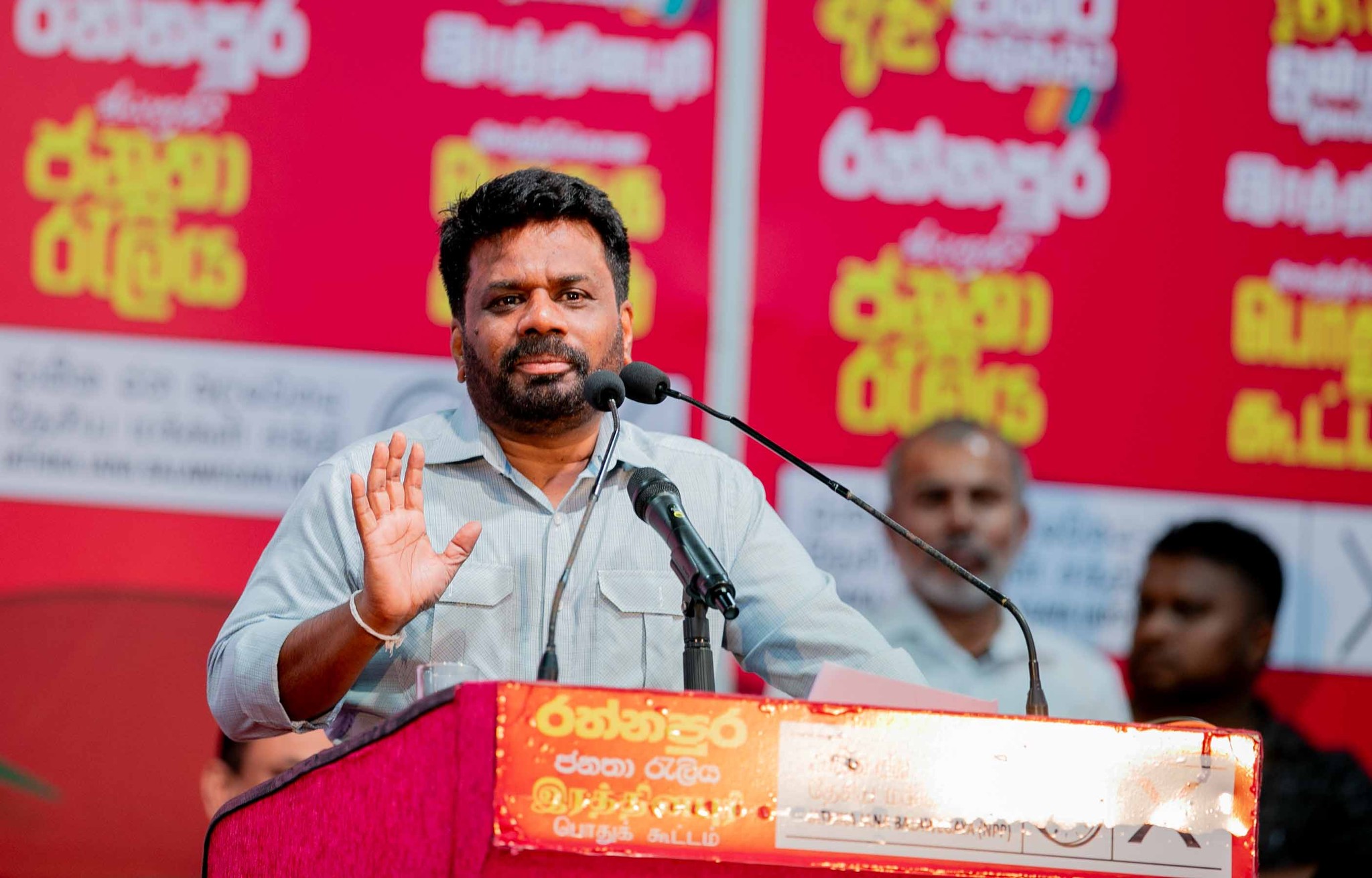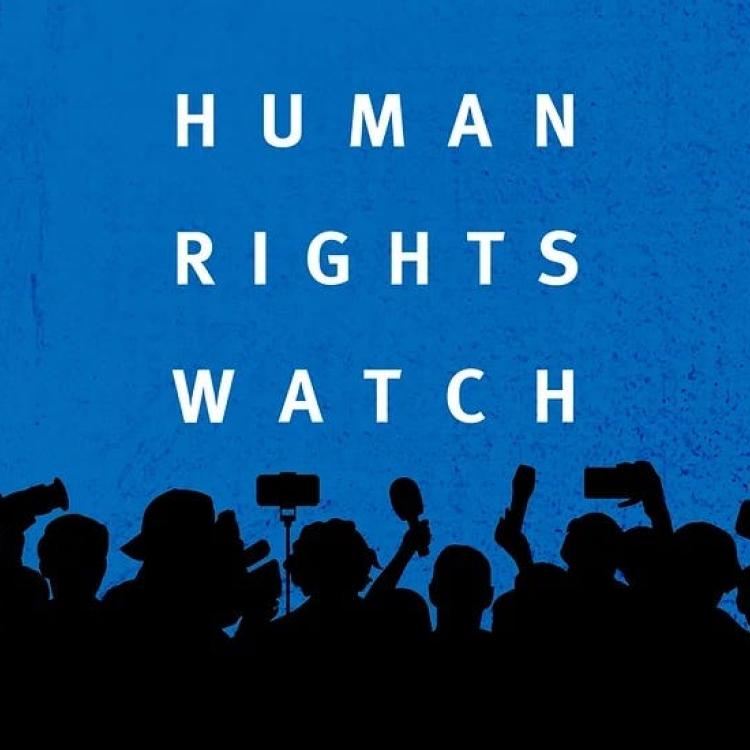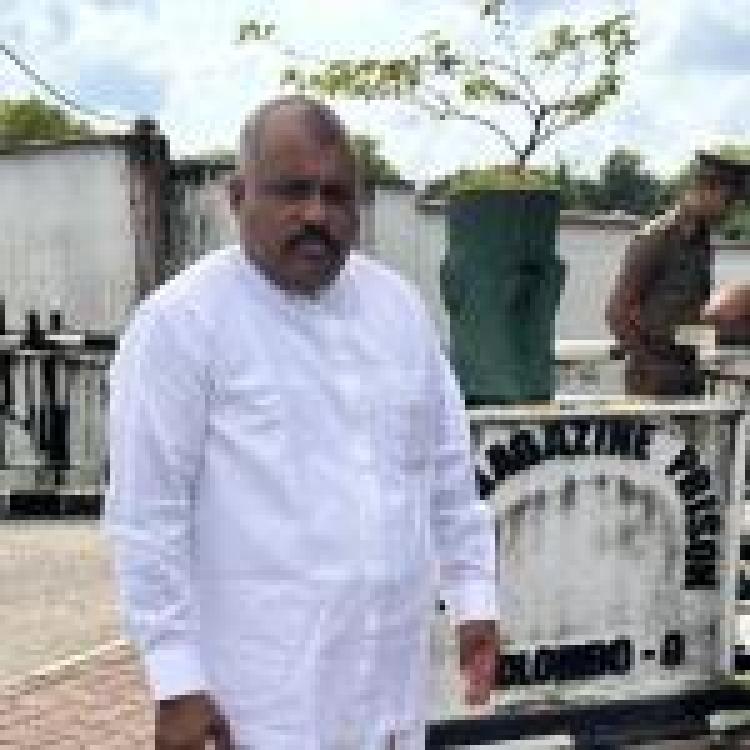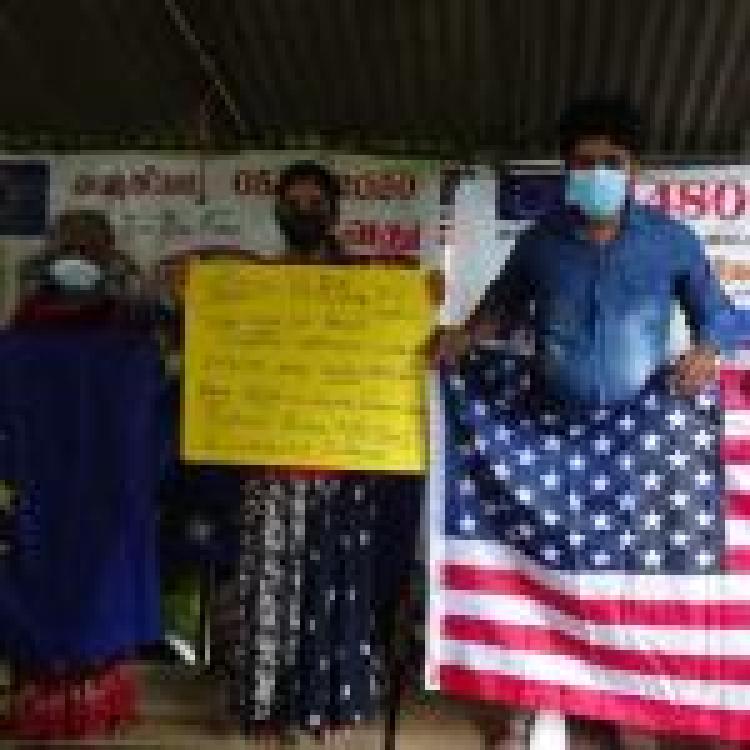
Sri Lanka's ruling National People’s Power (NPP) announced that it will retain the controversial Prevention of Terrorism Act (PTA), breaking campaign pledges to repeal the draconian legislation.
The PTA, which has been widely criticized by Tamils and international rights organizations as a tool of repression, will remain in place, with the current Sri Lankan administration asserting that the issue lies not with the Act itself, but with its "misuse".

Sri Lanka's ruling National People’s Power (NPP) announced that it will retain the controversial Prevention of Terrorism Act (PTA), breaking campaign pledges to repeal the draconian legislation.
The PTA, which has been widely criticized by Tamils and international rights organizations as a tool of repression, will remain in place, with the current Sri Lankan administration asserting that the issue lies not with the Act itself, but with its "misuse".
Anura Kumara Dissanayake, leader of the NPP, had promised in his presidential manifesto to abolish oppressive laws, including the PTA, which has long been condemned for its violation of free speech and association rights. The Act, enacted in 1979 and later made permanent, grants authorities the power to detain individuals without charge and has often led to the prolonged detention of suspects, disproportionately affecting Tamils in the North-East. Rights organizations argue that this legislation, which bypasses international due process standards, has enabled arbitrary arrests and unfair trials, and, in some cases, paved the way for torture due to the admissibility of police-obtained confessions as evidence.

A screenshot from Dissanayake's August 2024 manifesto, still available online.
In response to The Daily Morning's inquiry, Presidential Secretariat Director J.M. Wijebandara clarified the government’s stance. “The issue was about the misuse of the PTA against civil activists and journalists, which we will not allow. It will only be applied based on credible intelligence information, and it will not be used for political revenge. When the Act is not misused, no issues will arise,” he stated, suggesting that existing safeguards could prevent abuse of the law.
However, critics maintain that the act itself is structurally repressive, and addressing "misuse" is insufficient to protect citizens’ rights. Rights groups like Human Rights Watch (HRW) continue to assert that the PTA enables baseless accusations of terrorism and silencing critics. Meenakshi Ganguly, HRW's Deputy Asia Director, said, “Sri Lanka’s extensive domestic security apparatus routinely uses baseless accusations of terrorism to target innocent people, silencing critics and stigmatizing minority communities.” She added that while international pressure has led to minor adjustments, the PTA’s core issues remain unaddressed, urging foreign partners to renew their call for its repeal.
In January 2021, the Sri Lankan government introduced amendments to the PTA, purportedly to address concerns about its misuse. However, activists have argued that these amendments failed to address the Act's fundamental flaws, allowing for continued arbitrary arrests, lack of fair trial standards, and the risk of coerced confessions. Despite several pledges to bring the PTA in line with international standards, tangible reforms have yet to materialize.



